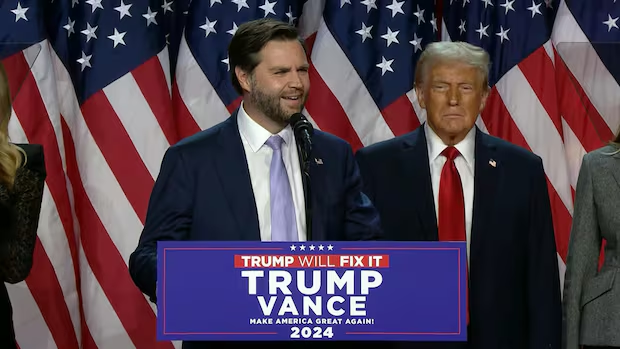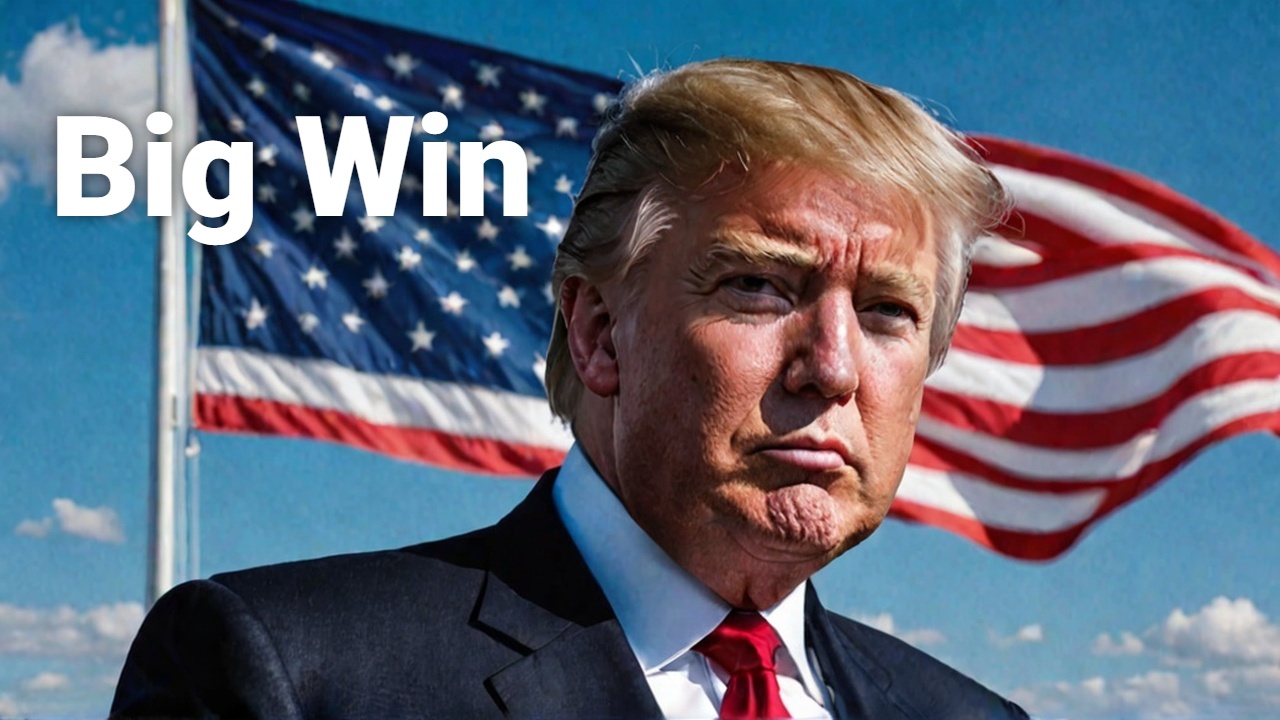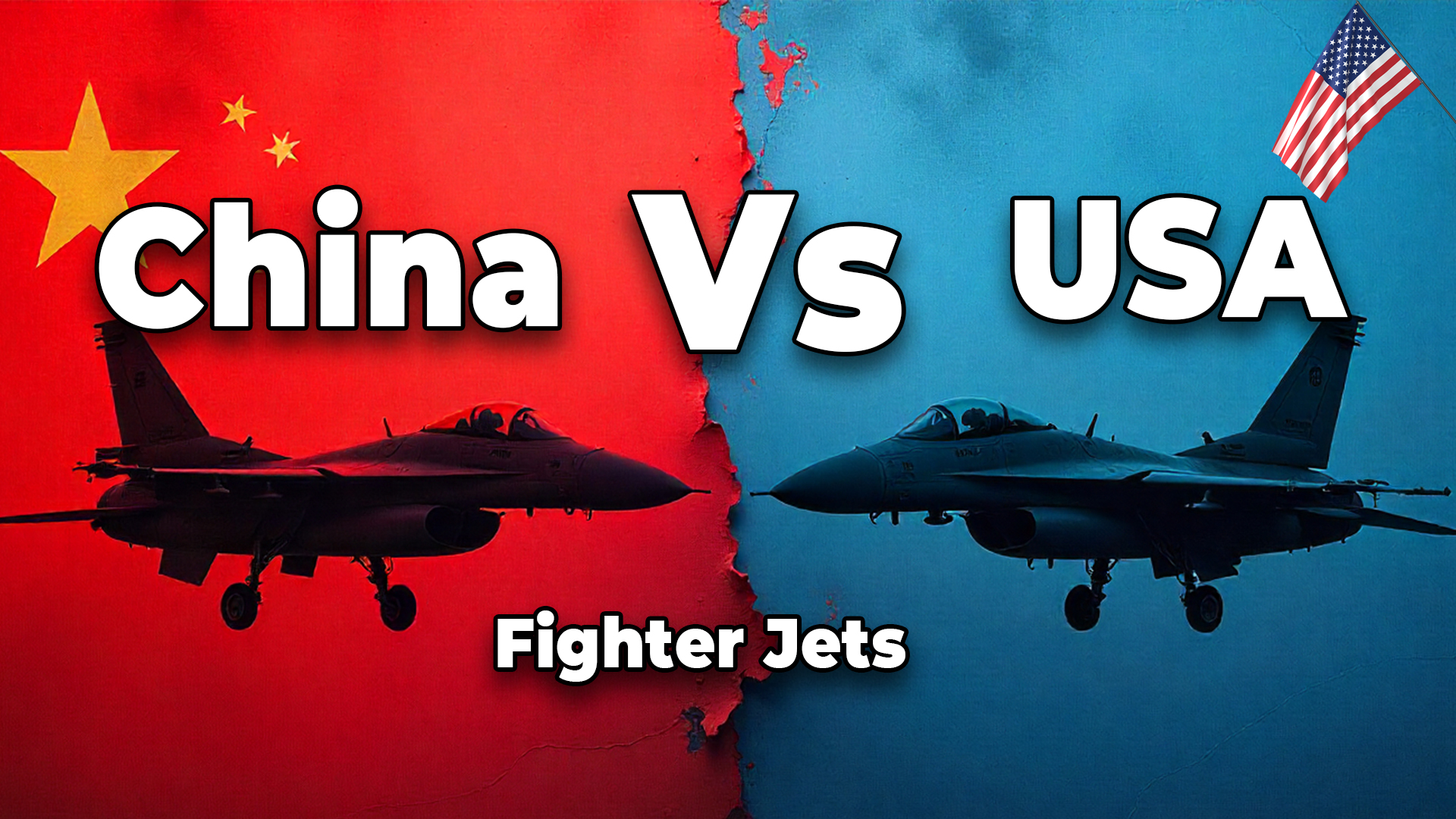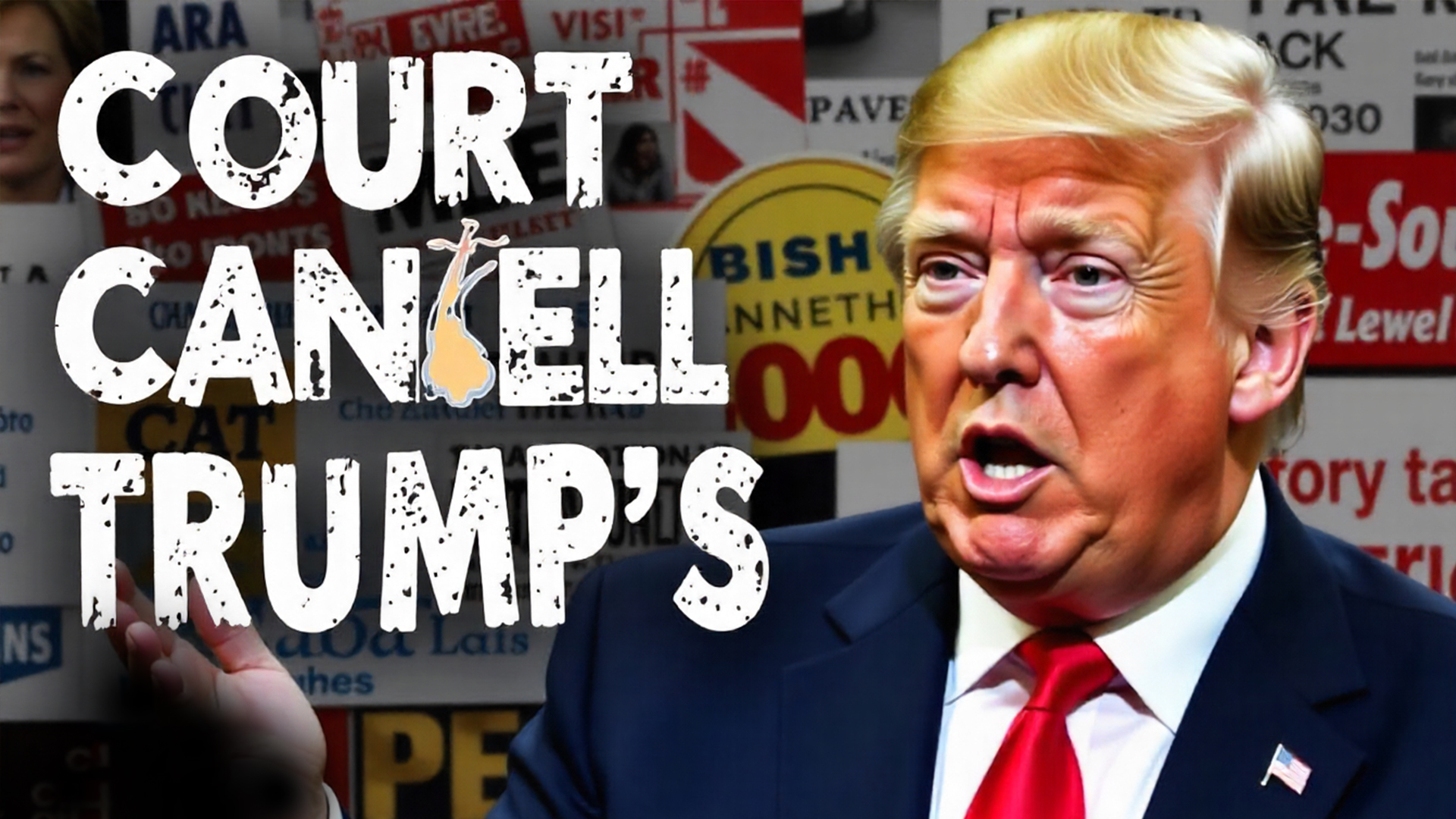Trump’s Re-election Could Redefine Alliances, Trade, and Climate Commitments in a Tense Global Landscape
In a world already grappling with rapid shifts in technology, climate, and geopolitics, Donald Trump’s re-election adds another layer of uncertainty to global politics. Trump’s leadership style is marked by unpredictability, a strong preference for unilateral actions, and a controversial “America First” agenda. This approach is sure to impact the global landscape in numerous ways. Here’s a look at how Trump’s victory could shape alliances, trade, global governance, and pressing global issues.
Russia’s SECRET PLANES OF FIRE Exposed?
A Shift in Global Alliances
Trump’s presidency has already redefined traditional alliances, pushing for a different kind of U.S. engagement on the world stage. The North Atlantic Treaty Organization (NATO), for example, has seen tensions rise under Trump’s administration as he insists on fairer burden-sharing and advocates that allies contribute more financially to the alliance. With another term in office, NATO and other Western alliances may experience even greater shifts as Trump’s approach encourages allies to re-evaluate their security and economic ties to the U.S.
Trump’s presidency has also nurtured closer ties with unconventional allies, such as Brazil and India, based on shared perspectives on trade, populism, and nationalism. His connection with leaders like Brazil’s Bolsonaro reflects an emerging trend where relationships are formed based more on ideology and less on established global standards. If Trump further embraces these alliances, it could encourage other countries to pursue bilateral, non-traditional relationships, upending norms of multilateral diplomacy.
The Future of U.S.-China Relations
Arguably, the U.S.-China relationship is one of the most defining aspects of modern geopolitics. Under Trump, relations between the two superpowers have been tense, with the trade war, restrictions on technology exchanges, and aggressive rhetoric marking his first term. Trump’s win suggests this competition will continue, likely with added measures to curb China’s technological and economic rise. This rivalry is expected to impact various sectors worldwide, including trade routes, tech innovations, and supply chains, as other countries may find themselves pressured to choose sides.
A re-elected Trump might double down on sanctions and tariffs aimed at limiting China’s influence, and he may be less inclined toward the collaborative, multilateral approaches preferred by past administrations. The consequences could be felt globally, especially in developing countries that rely heavily on economic ties with both the U.S. and China. Furthermore, Southeast Asian countries and regions tied to China’s Belt and Road Initiative may face greater pressure to align with one superpower or risk potential economic repercussions.
Trade Wars and Economic Nationalism
Trump’s trade policies have often focused on protecting American industries through tariffs and withdrawing from or renegotiating trade deals that he deems unfavorable. His election victory signals a continuation of protectionist policies, likely meaning more trade disputes and a less open global market. Key trade partners such as the European Union, Canada, and Japan may have to brace for renewed tariff battles and economic negotiations.
Global economic structures may become more segmented, as Trump’s administration prefers bilateral deals over large, multilateral trade agreements like the Trans-Pacific Partnership (TPP), which he exited early in his first term. This shift could create ripple effects across global industries, from agriculture to manufacturing, as more countries might adopt similar protectionist stances, potentially slowing economic recovery after the global pandemic.

Donald Trump’s running mate, J.D. Vance, celebrated their election night victory as key battleground states turned in Trump’s favor, vowing to deliver “the greatest economic comeback in American history.” Photo: CBC
Climate Policy and Environmental Impact
A significant area of divergence between the U.S. and the global community under Trump’s leadership has been climate policy. Trump’s decision to withdraw from the Paris Climate Agreement signaled a major shift away from environmental commitments and instead championed domestic energy production, particularly through fossil fuels. Given the rising international urgency around climate action, Trump’s re-election may place the U.S. at odds with much of the world, especially the European Union, which has pushed aggressively for climate reforms.
Without the U.S. actively contributing to global climate efforts, there’s a risk of losing momentum in global climate initiatives, and it may fall on other major players—such as the EU, China, and India—to pick up the slack. Trump’s climate policies could also have indirect effects, such as slowing advancements in renewable technology and innovation in environmentally friendly industries, particularly in countries looking to the U.S. as an example.
The U.S. Role in Global Governance
The United Nations, World Health Organization (WHO), and other global institutions have traditionally relied on U.S. support and leadership. However, Trump has shown a willingness to challenge these institutions when they contradict U.S. policy, notably withdrawing from the WHO and questioning the efficacy of international agreements. A second Trump term could see a further weakening of global governance frameworks as the U.S. potentially takes a more insular approach.
This development could have broad consequences, as many countries rely on these institutions for guidance on issues such as public health, humanitarian aid, and conflict resolution. Trump’s approach to global governance may empower other countries to question or reduce their commitments, which could lead to a weakened global response to crises ranging from pandemics to international conflicts.
Populism and Political Ideologies
Trump’s victory also signals a continued surge in global populism, emboldening leaders who similarly favor nationalism, protectionism, and challenges to traditional institutions. This political shift may encourage right-wing and nationalist movements in Europe, South America, and Asia, as Trump’s victory is viewed by some as a validation of nationalist and populist policies. Countries such as Brazil, India, and parts of Eastern Europe have shown increasing interest in this style of governance, which could create a new wave of populist leaders reshaping their political systems.
A stronger populist wave across nations could result in countries further prioritizing domestic issues over global cooperation, challenging norms in international diplomacy, and fostering divisions that make it harder to address common issues, such as climate change, global security, and economic inequality.
Final Thoughts
Trump’s second term will undoubtedly bring further changes to the already complex and shifting dynamics of world politics. His approach represents a departure from traditional diplomacy and globalism, advocating instead for an “America First” mindset that prioritizes domestic interests. This shift has the potential to reshape international relations and redefine the norms that have governed the world order for decades.
The ripple effects of Trump’s policies will be felt across borders, influencing the future of global alliances, economic policies, climate action, and political ideologies. As the world adjusts to this new landscape, the challenges and opportunities will become clearer. In the meantime, countries and leaders worldwide will need to decide how to adapt to this emerging world order—one in which the rules are evolving, and traditional alliances are being tested in unprecedented ways.






Heya! I just wanted to ask if you ever have any issues with hackers? My last blog (wordpress) was hacked and I ended up losing months of hard work due to no back up. Do you have any methods to protect against hackers?
I would recommend you install “WordFence” Plugin. It’s the best the security plugin I have used.
There is evidently a lot to realize about this. I believe you made various nice points in features also.
Thank you! I appreciate your thoughtful feedback. There’s definitely a lot to explore on this topic, and I’m glad you found the points insightful. If there’s anything specific you’d like to dive deeper into, feel free to ask! 😊
Thanks for sharing. I read many of your blog posts, cool, your blog is very good.
I?¦ve read a few good stuff here. Certainly price bookmarking for revisiting. I surprise how so much effort you place to create this sort of magnificent informative website.
Thank you so much for your kind words! I truly appreciate your support. A lot of effort goes into creating informative and engaging content, so it’s always rewarding to hear such positive feedback. I hope you continue to find value here—stay tuned for more! 😊
Thanks for sharing. I read many of your blog posts, cool, your blog is very good.
Thank you